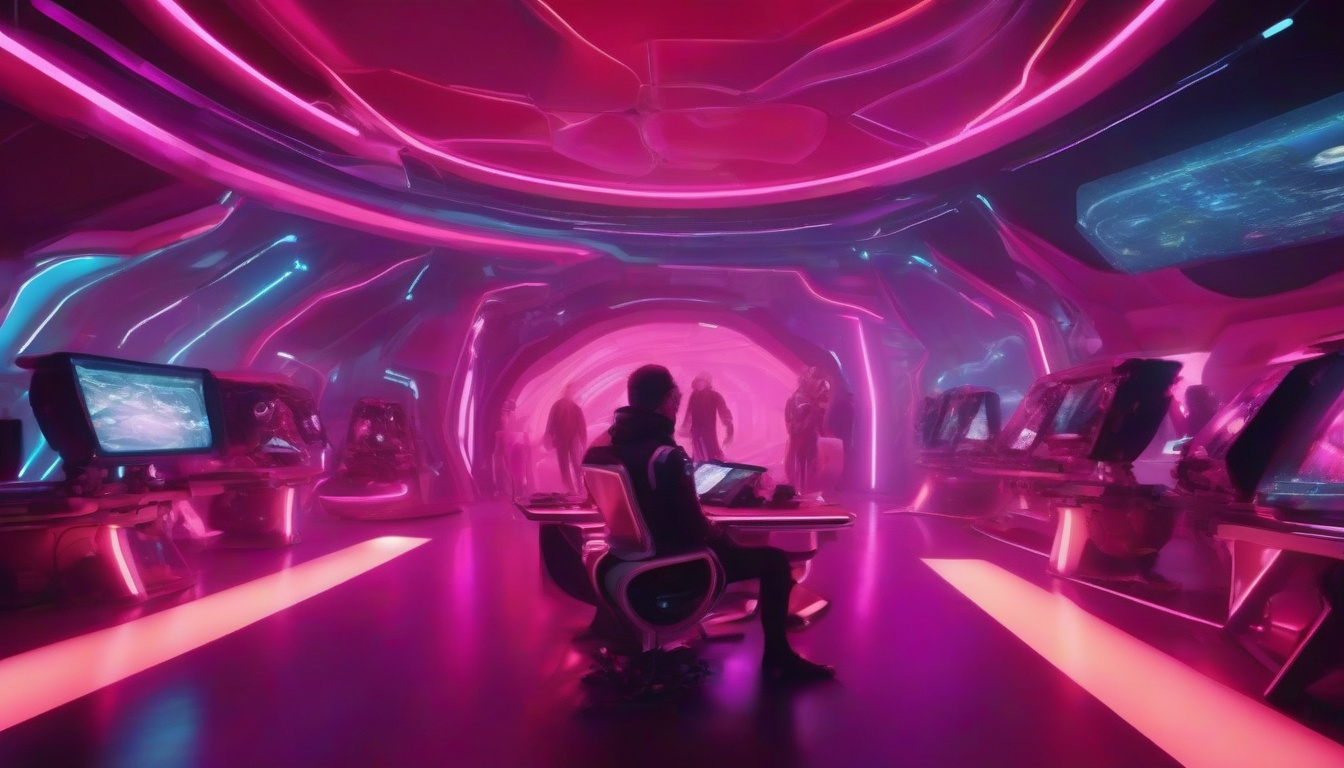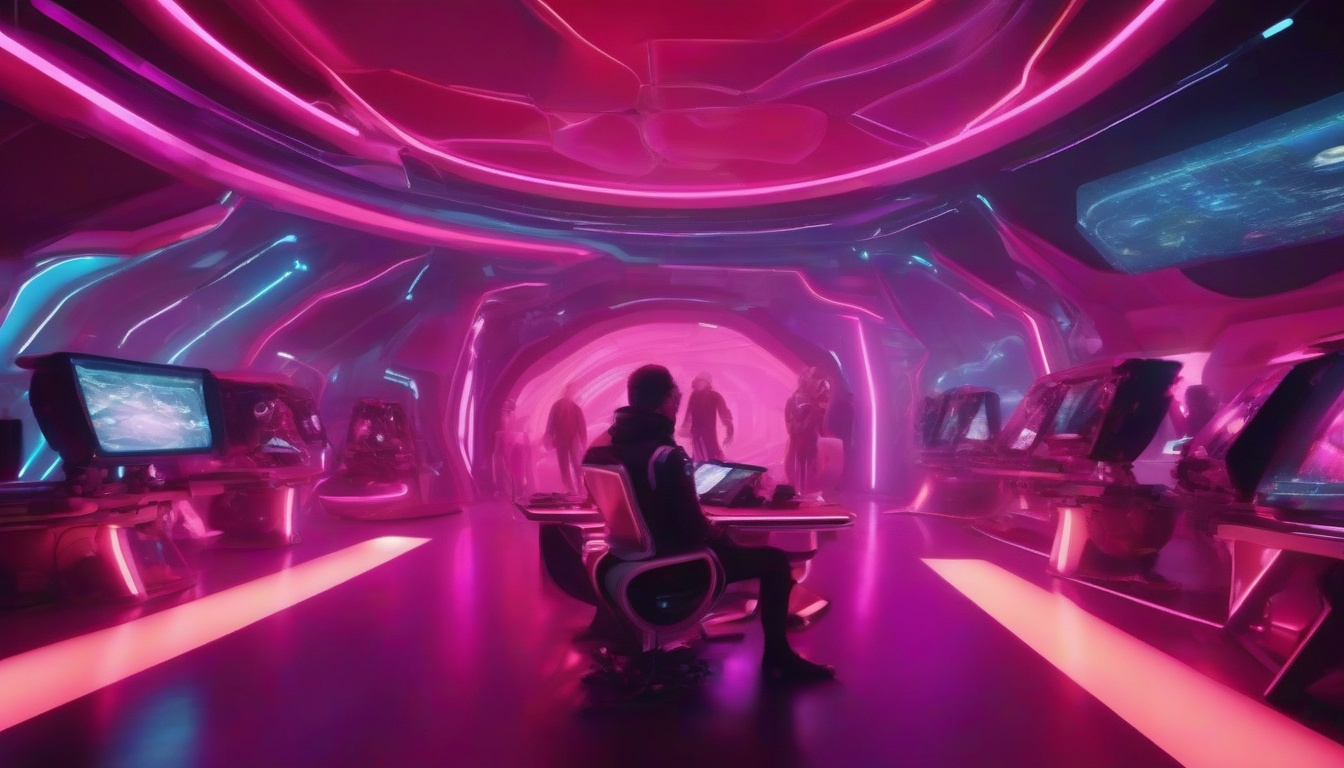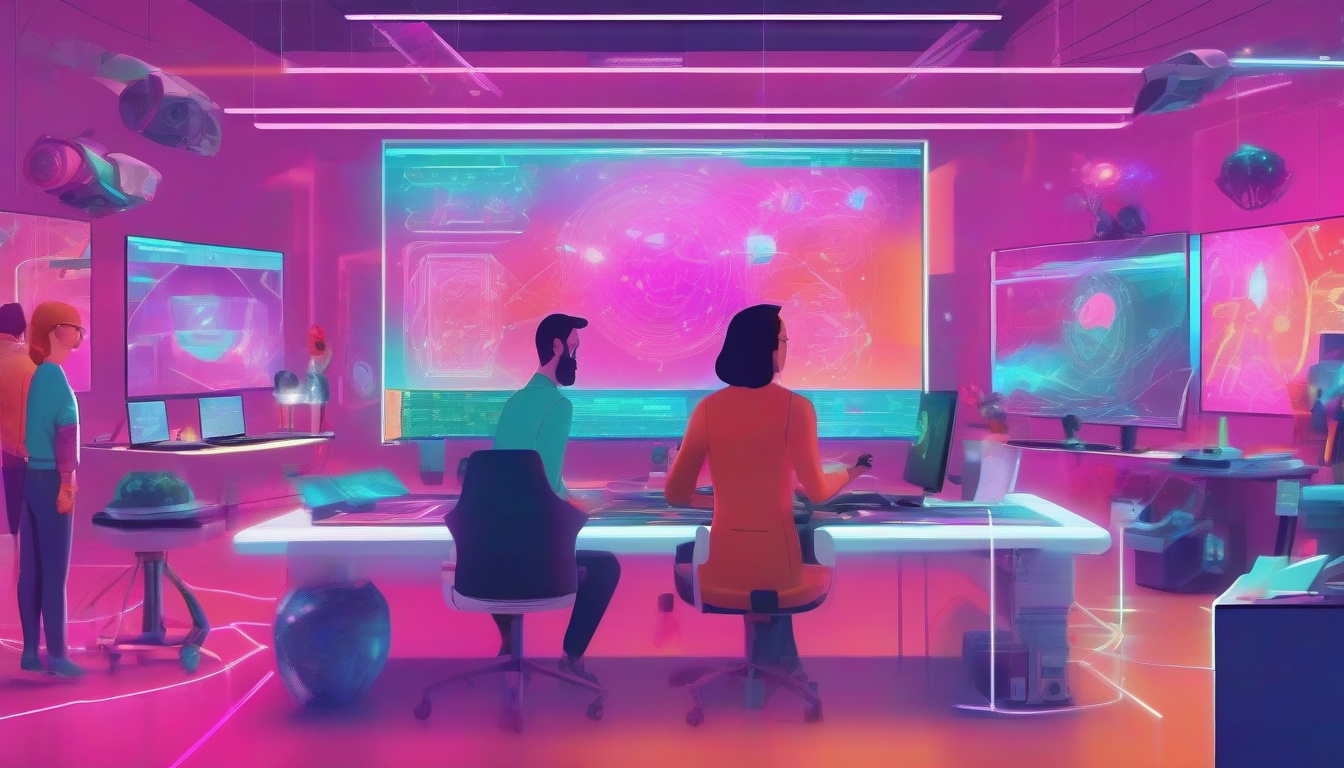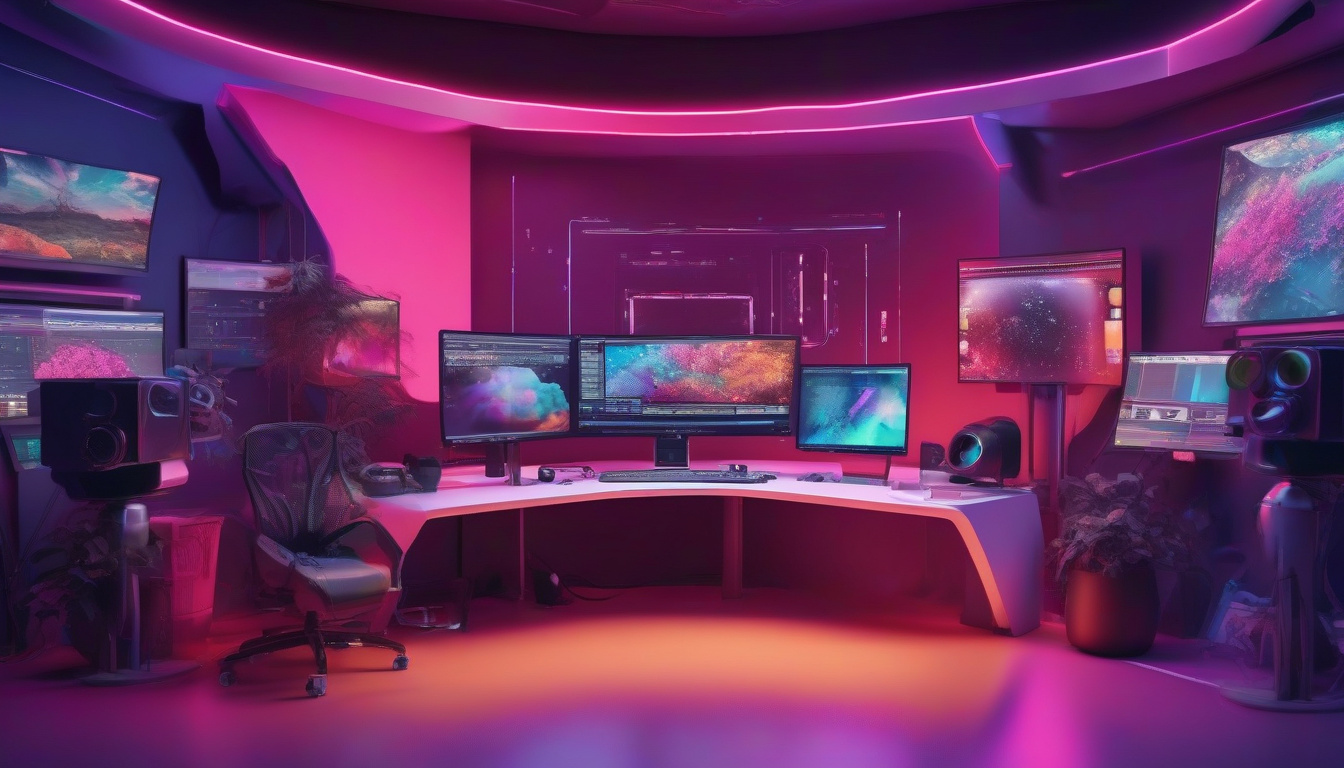
In recent years, the film industry has undergone a remarkable transformation with the advent of artificial intelligence (AI) in film production.
As technology continues to evolve, filmmakers are increasingly turning to AI tools to enhance the storytelling process, streamline production, and create captivating cinematic experiences.
From generating compelling scripts to optimizing pre-production planning, AI is revolutionizing how movies are made.
In this article, we’ll explore the various ways AI in film production is changing the landscape of cinema, highlighting its impact on scriptwriting, casting, post-production, and what the future holds for this innovative technology.
Get Professional Screenplay Coverage in Minutes, Not Weeks!
 Get Professional Screenplay Coverage in Minutes, Not Weeks!
Get Professional Screenplay Coverage in Minutes, Not Weeks!

The Role of AI in Pre-Production Planning
In today’s rapidly evolving cinematic landscape, the role of AI in film production has become increasingly pivotal, especially during the pre-production planning phase.
Filmmakers are now leveraging cutting-edge artificial intelligence technology to streamline various processes, making project management not only more efficient but also more creative.
From script analysis to budgeting and casting, AI algorithms can predict audience preferences, analyze trends, and even suggest creative adjustments to enhance storytelling.
By harnessing the power of AI, production teams can allocate resources more effectively, foresee potential pitfalls, and optimize their production schedules.
This integration of AI in film production not only saves time and reduces costs but also opens up exciting avenues for innovative approaches to filmmaking, allowing directors and producers to bring their visions to life more seamlessly than ever before.
AI’s Influence on Casting and Talent Selection
AI in film production is transforming the way casting and talent selection is conducted, leading to more efficient and data-driven decision-making processes.
Traditionally, casting directors meticulously reviewed countless auditions and portfolios, often relying on instinct and industry experience.
However, with the advent of artificial intelligence, this process has been enhanced significantly.
AI algorithms can analyze vast amounts of data, including past performances, audience reactions, and even social media engagement, to identify actors who may best fit a specific role.
This not only ensures a more nuanced approach to casting but also allows filmmakers to discover emerging talents who might otherwise go unnoticed.
As AI continues to evolve, its influence on casting is expected to grow, paving the way for innovative methods that prioritize both artistic vision and audience appeal.

Enhancing Post-Production with AI Technology
In the ever-evolving world of filmmaking, the integration of AI in film production is revolutionizing the post-production process.
By leveraging advanced algorithms, AI technology streamlines various aspects such as video editing, color correction, and sound design, making these tasks more efficient and less time-consuming.
With machine learning capabilities, AI can analyze footage, recommend edits, and even create previews, allowing filmmakers to focus on creative storytelling rather than tedious technical details.
The impact of AI in film production extends beyond mere speed; it enables filmmakers to explore new artistic possibilities and enhance the overall quality of their work.
As the industry continues to embrace these innovations, the marriage of creativity and technology will undoubtedly transform how films are made, making AI an indispensable tool in modern cinema.
Future Trends: What Lies Ahead for AI in Film
The future of AI in film production is poised to revolutionize the filmmaking process in ways we have yet to fully grasp.
As technology continues to advance, we can expect to see increasingly sophisticated AI tools that assist filmmakers in various aspects of production, from scriptwriting to post-production.
One major trend is the integration of AI-driven analytics in understanding audience preferences, which will help studios create content that resonates more deeply with viewers.
Additionally, AI is enhancing visual effects, allowing for more immersive experiences as it can generate realistic imagery and streamline editing processes.
As filmmakers embrace these innovations, collaboration between human creativity and AI capabilities will become more seamless, leading to a new era of storytelling in cinema.
The evolution of AI in film production promises not only to enhance efficiency but also to expand the boundaries of creativity, offering filmmakers unprecedented opportunities to explore and innovate in their craft.






